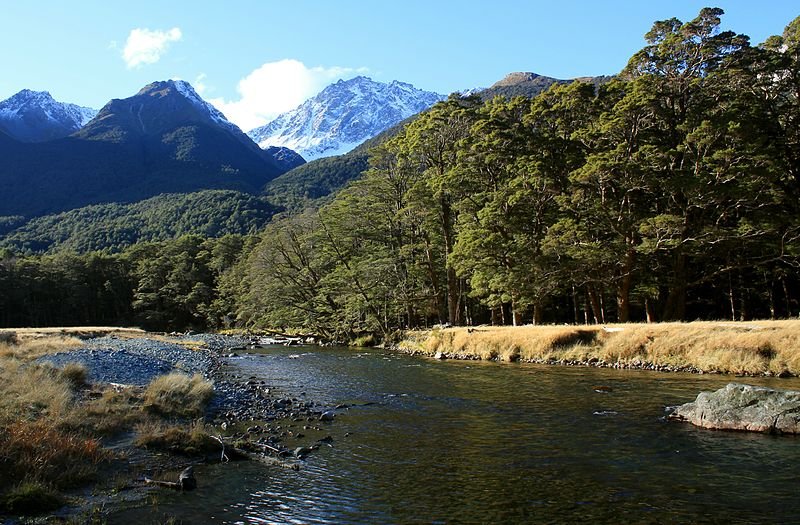
News and submissions
Protecting our coastal wetlands - our submission to MfE
Our submission to the Ministry for the Environment on their proposed changes to provisions for wetlands in the coastal marine area (CMA).
“Managing our Wetlands” and Technical Amendments - ELI’s Submission
Our submission to Ministry for Environment on the 2022 Exposure drafts of the NPS-FM and NES-F: “Managing our Wetlands” and Technical Amendments.
Structural issues and under-resourcing at the heart of DOC’s backlog problems
The Department of Conservation (DOC) is in the process of making targeted amendments to several pieces of conservation legislation, particularly the Conservation Act 1987, the National Parks Act 1980, and the Reserves Act 1977.
In ELI’s view, however, these reforms misdiagnose problems, and overlook the core issues hampering DOC from effectively doing its job. Read our full submission here.
Improving Aotearoa’s environmental reporting system: our submission
Read our submission on MfE’s consultation to improve environmental reporting.
Job opening - Senior Legal/Policy/Environmental Researcher
The Environmental Law Initiative (ELI) is looking to recruit two senior researchers to join our team. We are looking for inquisitive people who have a strong a background in law, policy, or science and want to make a difference for Aotearoa's environment and biodiversity. The senior researchers will use their skills to investigate legal and policy issues to improve the ways our natural taonga are regulated and managed.
Stewardship land review could result in more mining on conservation land
ELI is concerned at proposals to invoke a special procedure to review the status of public Stewardship Land. As presently set up, the Government’s proposed measures for carrying out this review suffer from a number of shortcomings which could see large swathes of precious public land disposed of to mining interests. Read our full submission to DOC here.
Leveraging wetlands in NZ’s climate change response
Our submission to MfE on why we must prioritise the restoration and conservation of wetlands and peatlands into our emissions reductions approach.
If we are serious about ‘environmental limits’ then they need to be limiting
Why the NBEB must be redrafted to ensure a pivotal role for independent science.
Following the Aichi failures, how will the world meet its biodiversity targets?
Biodiversity underpins the wellbeing of all life on Earth. Following the failed Aichi targets of 2010, how can we ensure that the targets set out in the Post-2020 Global Biodiversity Framework are stronger and more effective?
Climate change is everybody’s business
Biodiverse ecosystems are, quite literally, lifesaving. Here's why we cannot separate ourselves, nor our financial markets, from this fragile equation.










